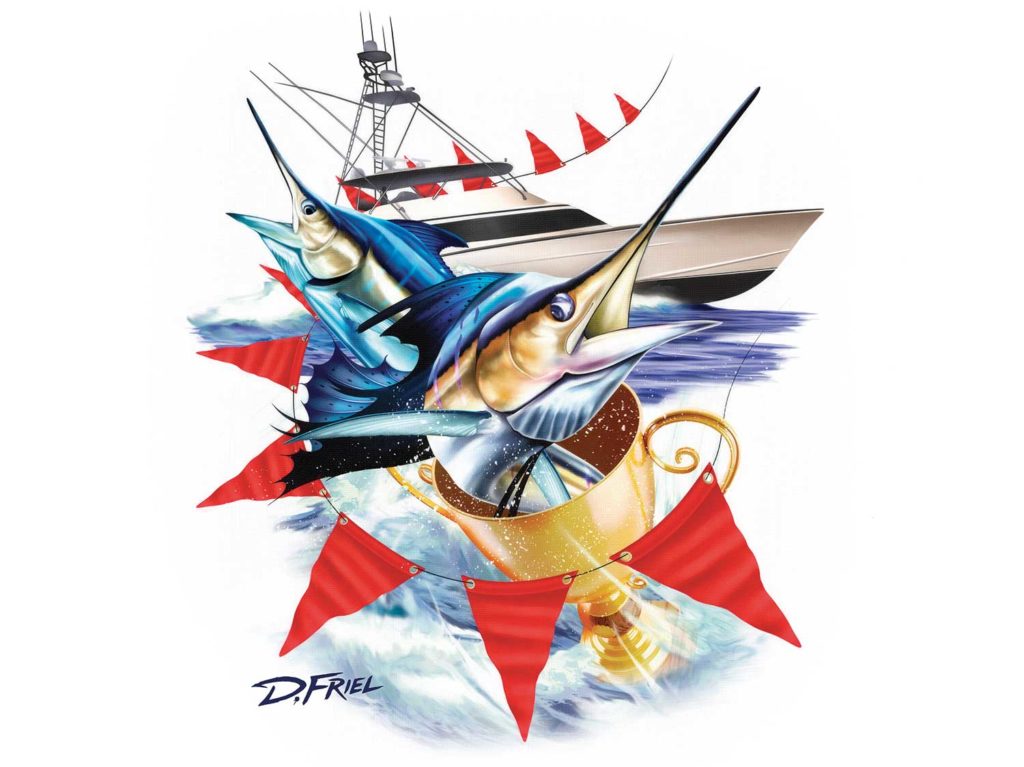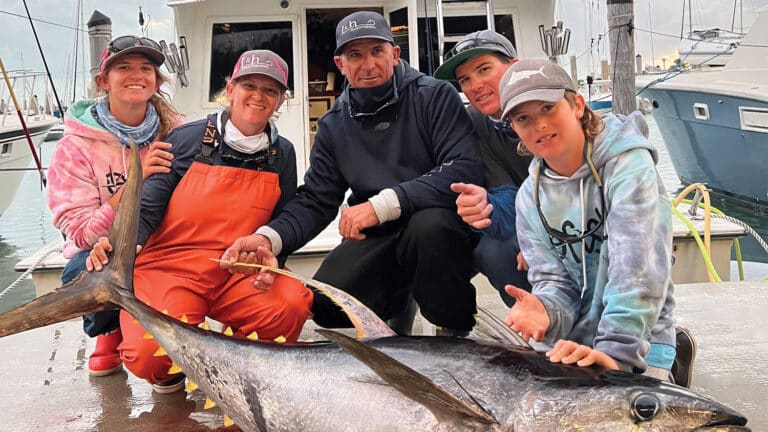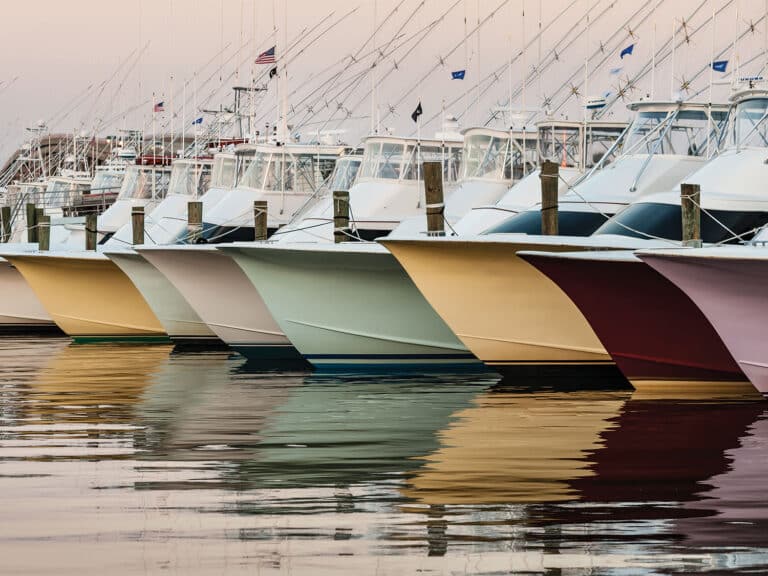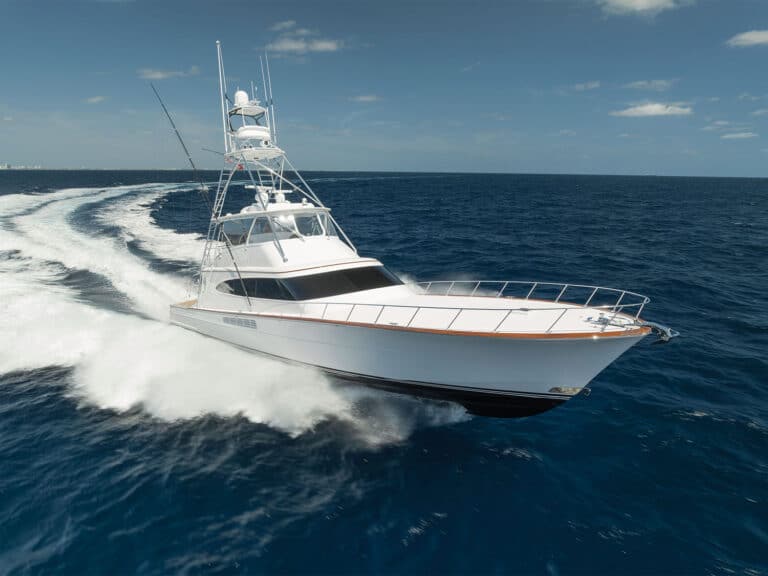
Just hearing about the Poco Bueno canceling its event this summer is mind-blowing to me. At one time, this was one of the biggest marlin tournaments in the world, with some of the largest payouts ever for the winners. Some other surprising events have also fallen by the wayside: the Bahamas Billfish Championship series, the Fort Lauderdale Billfish Tournament, and quite a few others over the years.
Why do they fail? Maybe it’s a matter of not keeping up with the times. The Fort Lauderdale Billfish Tournament was primarily a sailfish tournament; back in the old days, they used to put the fish on the dock. The skeptics had trouble believing that boats were actually releasing billfish. Then there are the usual reasons too—the same boats kept winning.
Now in South Florida, the sailfish tournaments are flourishing. Three- and four-engine outboard boats seem to dominate these events. Between catching bait and the very long hours each day, it seems to be more of a young person’s sport these days.
What else has changed? The money? Maybe, but Poco Bueno was the biggest money tournament in Texas, and that state has always been known to have plenty of money, along with more than its share of gamblers. When billfishing off Texas, you do have to run quite a way offshore, and all the Gulf tournaments now allow you to stay out for multiple days and nights, which helps the boats that run hundreds of miles out into the Gulf of Mexico to fish around those deep-water oil rigs.
The way we fish is always changing as well, from dead baits to live baits, lures to switch-baiting and now, dredges and prospecting.
So, the tournaments need to change their rules to adapt to these changes too: Keep up with the times or risk falling into obscurity.
The biggest changes I have personally seen though, come by just listening to the participants: the boat owners; the captains; and the crews. They are the ones who decide whether they want to fish a particular tournament, and as with any other kind of business, you should offer what the majority of them want to do.
For example, we changed a rule in our tournaments to let people hook a fish and hand the rod off to another angler. Why? Because the participants asked for it, and people love it. We don’t video that part of the tournament, so you would only know who actually hooked the fish if we did a polygraph exam.
Read about Capt. Skip Smith’s thoughts on chasing giant marlin.
It’s also a great idea for those who want their wives and kids to participate when they might not have the experience to hook one on their own. Tournaments need to be fun for everyone, including the families. If the participants do not respect the rules, they will not fish.
And don’t forget that the people who run the tournaments are gambling too. We have to buy the trophies, the shirts and hats, pay for advertising costs, deposits on venues and more. If the weather is crappy and only 10 or 20 boats show up, we lose also—even if we do everything we can to attract as many teams as possible.
When it comes to the largest tournaments—the Bisbee’s Black and Blue, the White Marlin Open, the Big Rock, to name a few—the one factor they all have in common is a dead-fish category. When you are able to get just one bite and win that big jackpot, everyone has a chance. Count me in on those tournaments—I’d rather be lucky than good any day.







